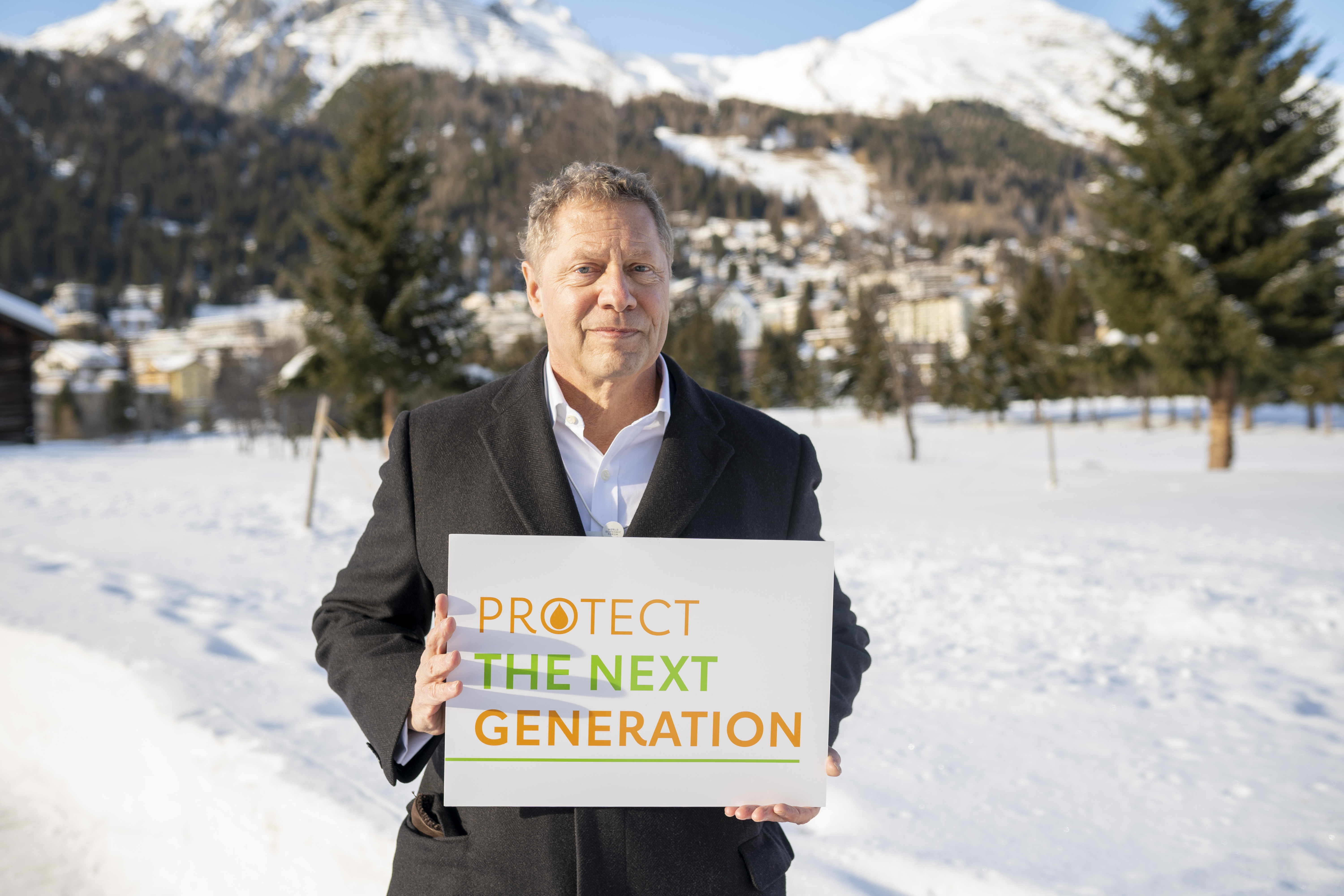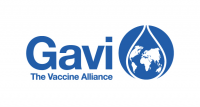
In general, immunization is one of the most gender-equal health interventions in the world. But in some countries, girls still face barriers to accessing immunization services.
Too many caregivers still lack reliable information on the benefits of vaccines. In remote areas, long travel distances to health clinics, compounded by safety and mobility issues, can deter women from taking children for immunization. And long wait times at clinics can give caregivers the hard choice of earning a living or spending time waiting for vaccines.
Gavi, the Vaccine Alliance, now in its 20th year, has made gender equity a cornerstone of their programming to eliminate these barriers to equal access to immunization. The Alliance has committed to ensuring that gender dynamics contribute to—rather than inhibit—every child, everywhere having equal access to vaccines. To deliver on that promise, Gavi is prioritizing and mainstreaming gender into all its funding and programming, as it looks ahead to replenishment in June 2020 .
So when women are equal everywhere, what will that mean for access to vaccines for people around the world, and how could it make good health for all a reality?
During the 2020 World Economic Forum Annual Meeting, CEO Dr. Seth Berkley, shared some answers.
 BACK TO STORIES
BACK TO STORIES